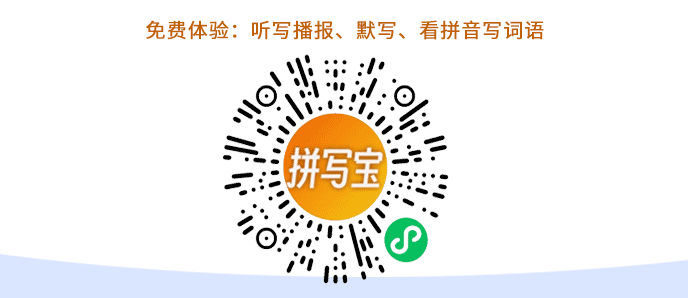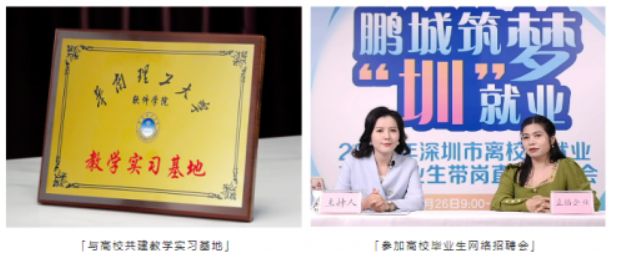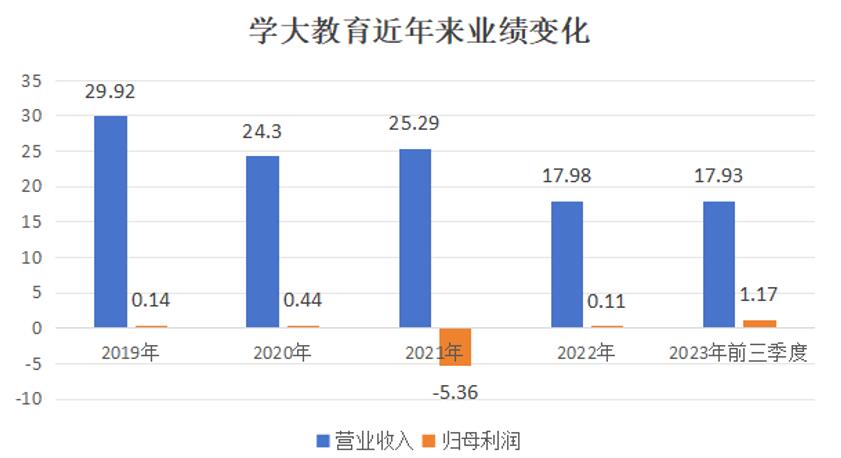21世纪教育网资讯 2016中考英语复习进行时,为了便同学们的学习,减少考试失分,下面是21世纪教育网为大家整理的2016中考英语易错题汇总(精华珍藏版),包括了历年中考英语中常见的易错题,还包含答案解析,是同学们复习的最佳资料,欢迎同学们进入查看下载! 点击下载完整版:中学英语易错集锦大全211道题 (精华珍藏版).doc 1.Because he was ill yesterday, so he didn’t go to work. (×) Because he was ill yesterday, he didn’t go to work. (√) He was ill yesterday, so he didn’t go to work. (√) [析] 用though, but表示“虽然……,但是…… ”或用because, so 表示“因为……,所以……”时,though和but 及because和so 都只能择一而用,不能两者同时使用。 2.The Smiths have moved Beijing. (×) The Smiths have moved to Beijing. (√) [析] 不及物动词后接名词或代词作宾语时,要在动词之后加上适当的介词;但不及物动词后接home, here, there等副词作宾语时,动词之后不必加任何介词。 3.The box is too heavy for him to carry it. (×) The box is too heavy for him to carry. (√) [析] the box既是这句话的主语, 也是不定式to carry的逻辑宾语,若句末再加上it,就和the box重复了。 4.Each of the boys have a pen. (×) Each of the boys has a pen. (√) [析] 复数名词前有表个体的each of, one of, every,either of等词组修饰,或有表否定的neither of, none of 等词组修饰时,谓语动词要用单数形式。 5.例:那是你心软!我不就是一个例子吗? Neither he nor you is good at English. (×) Neither he nor you are good at English. (√) [析] either... or..., neither... nor..., not only..., but also... 等词组连接句子的两个主语时,谓语动词遵循“就近一致原则”, 即由靠近谓语的那个主语决定谓语的人称和数用何种形式。 6.Ten minus three are seven. (×) Ten minus three is seven. (√) [析] 用英语表示加(plus)、减(minus)等数学运算时,谓语动词也用单数形式。 7.The number of the workers in this factory are about 5,000. (×) The number of the workers in this factory is about 5,000. (√) [析] the number of表示“……的数量”,谓语动词用单数形式;a number of 的意思是“若干”或“许多”,相当于some或a lot of,和复数名词连用,谓语动词用复数形式。 8. 例. Hello! I have important something to tell you. (×) Hello! I have something important to tell you. (√) [析] 形容词或动词不定式修饰不定代词作定语时,修饰成分要置于不定代词之后。 9. His son is enough old to go to school. (×) His son is old enough to go to school. (√) [析] enough作形容词修饰名词时,可以放在名词前,也可放在名词后;作副词修饰形容词或副词时,只能放在形容词或副词之后。 10.. Here is your sweater, put away it.(×) Here is your sweater, put it away. (√) [析] put away, pick up, put on等“动词+副词”构成的词组后接代词作宾语时,代词只能放在动词和副词之间。 Tags:2016,中考,英语,易错题,错题  |
21世纪教育网,面向全国的中小学学教师、家长交流平台




